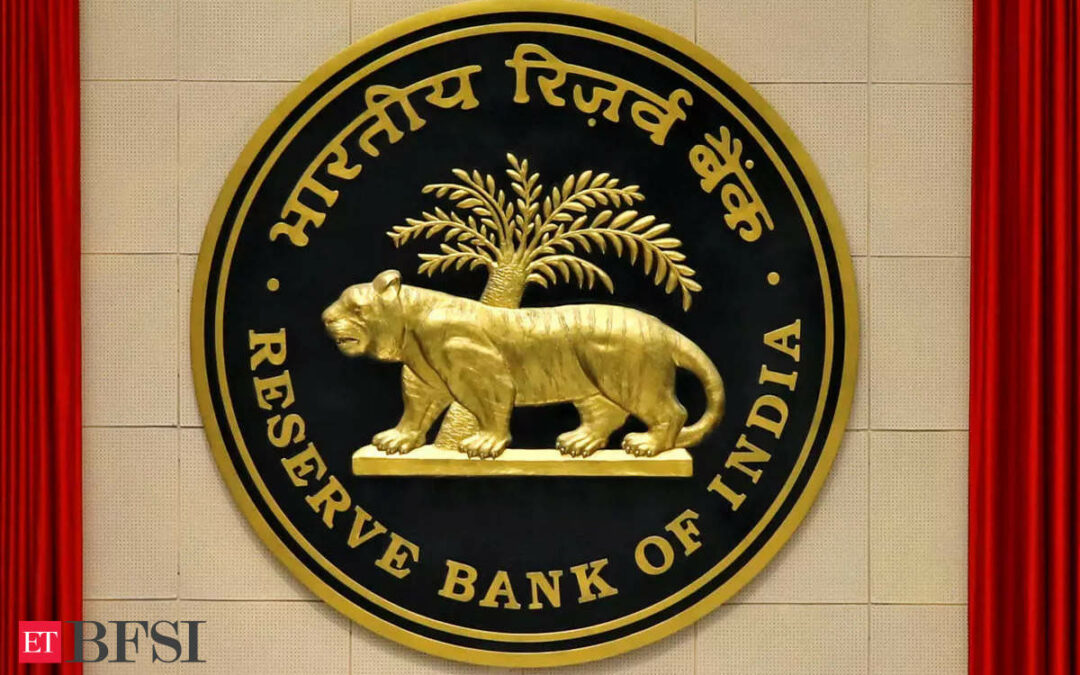Highlighting the problems Indian trade is facing currently, the Reserve Bank of India on Thursday said that significant headwinds continue to prevail, citing export orders for goods and services in the country.
“PMIs for new export orders remained in the contractionary zone in December as export orders for both services and manufacturing recorded sequential declines,” the central bank said in the January edition of its Bulletin.
The central bank noted that elevated geopolitical risks pose upside risks to commodity prices and downside risks to growth. Concerns over slowing global trade erupted once again following attacks by Houthi rebels in the Red Sea and retaliation by the United States and the United Kingdom.
However, the global supply chain pressures index remained below its historical average in December, RBI said.
The recent attacks on commercial ships in the Red Sea trade route have put pressure on global supply systems, forcing a rerouting via the Cape of Good Hope in South Africa. Due to this, freight prices, transit durations, and war-risk premiums are increasing.
“These developments impart considerable uncertainty to the near-term outlook for India’s merchandise trade,” the RBI said.
On Inflation & Growth
While core inflation in India fell to a four-year low of 3.8 per cent from roughly 4.1 per cent in November, annual retail inflation increased by 5.69% in December, the sharpest rate in four months.The RBI noted that retail inflation in India has gradually descended closer to the target even as the growth beat economists’ expectations. “The odds of a soft landing have increased and this has enthused the financial markets,” it said.
The central bank said that for India, strong domestic demand remained the main driver of growth even as the economy’s global integration through trade and financial channels see a continued uptick.
“Higher reliance on domestic demand cushioned India from multiple external headwinds,” RBI said.










